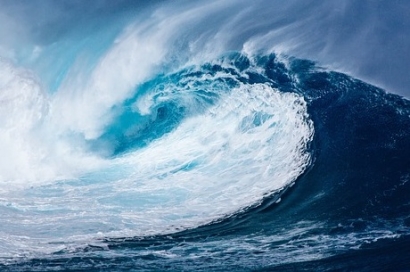
Ocean energy is a promising source for clean, predictable and reliable energy made in the EU. It could contribute to the EU's energy independence and its objective of sourcing at least 32 percent of EU energy consumption from renewables by 2030. The EU is currently the global leader in ocean energy technologies.
With the call for grants, the European Commission wants to help future deployments by de-risking and documenting the licensing process.
More specific, the objectives of the projects will be to:
The Ocean Energy Strategic Roadmap “Building Ocean Energy for Europe” published in November 2016 identified de-risking environmental consenting as a key challenge.
Developers’ application for consent requires a sound understanding of environmental assessment and processes applied to ocean energy. However, deployments of ocean energy devices are without precedent and there is limited empirical data that could inform the regulatory process. Obtaining consent for an emerging technology such as ocean energy can be time consuming and costly. This also entails the need for public information, consultation and support. Consenting processes, thus, need to be anticipated, tailored and proportionate.
Close environmental monitoring and impact assessment and an early understanding of these aspects will benefit the current and future deployments of the ocean energy sector as a whole, by putting in place a guiding framework within which to establish protocol for regulatory assessments, licensing, control and monitoring. This will help to steer the transition from research and development to commercial deployment of new technologies.

